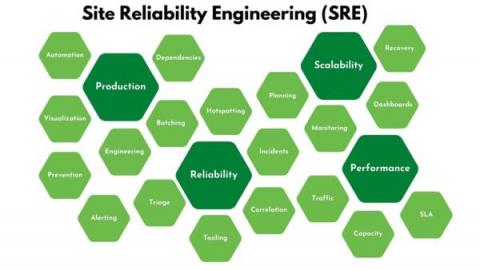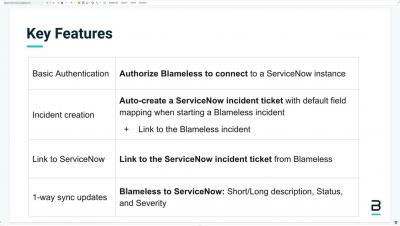Sponsored Post
Site Reliability Engineering: Definition, Principles & How It Differs From DevOps
Site crashes and outages can cost hundreds of thousands in lost revenue and inconvenience users. Site Reliability Engineering helps build highly reliable and scalable systems, particularly important for companies that depend on their software to support their customers performing critical operations. Hiring a Site Reliability Engineer is the best way to ensure a software system stays up and running at all times. Not only will they help manage infrastructure and applications, but they'll also be able to advise on how to scale a business as it grows - keeping downtime and incidents at a minimum!











